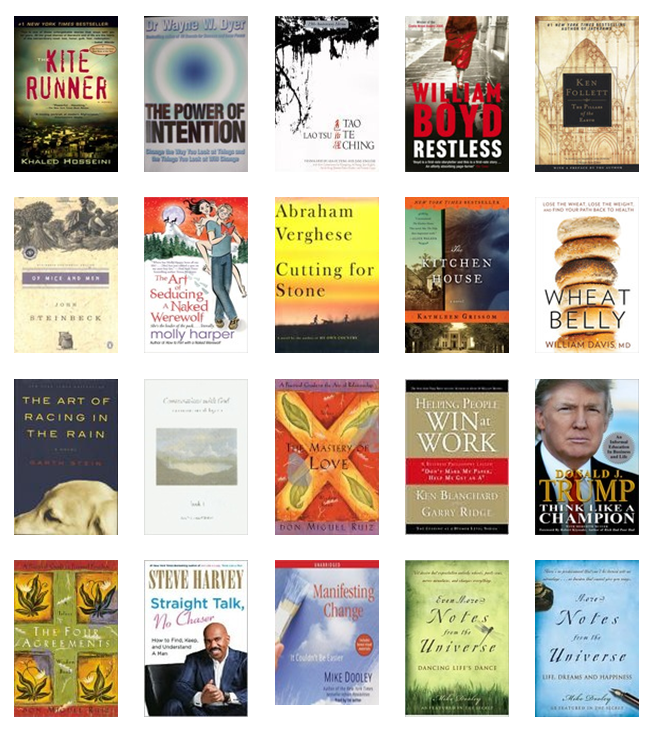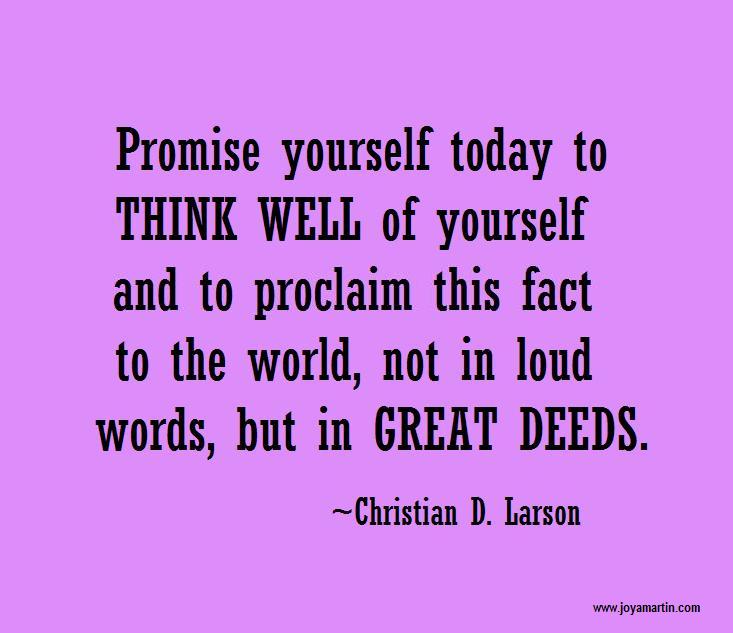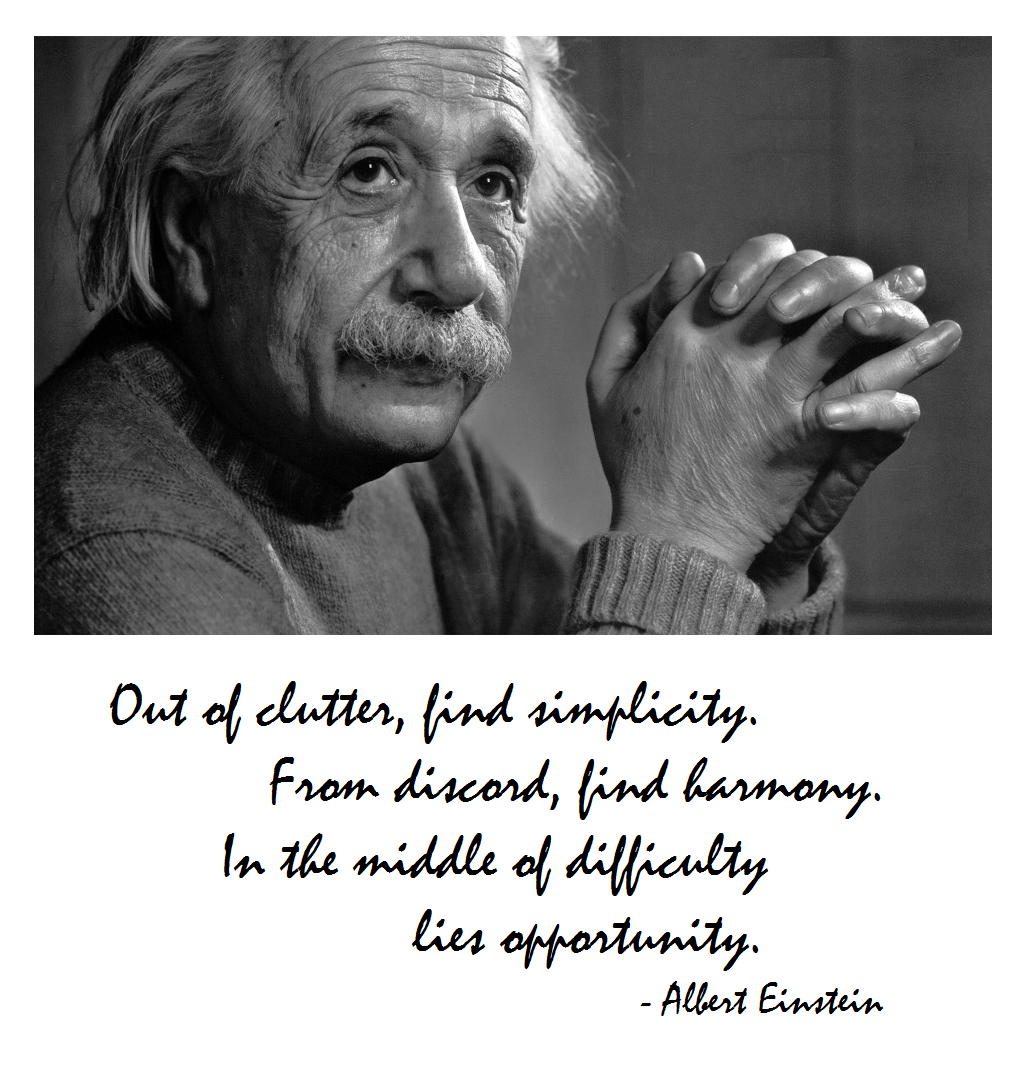Are you branding your passion?
After years of being inundated by the “me, me, me” of social media, the term ‘personal branding’ has become little more than a hackneyed synonym for shameless self-promotion. Like my page… Endorse me… Follow my blog…
Whether you like it or not, the fact that you’re reading this article means that you’ve probably already established a digital footprint. Social media is here to stay. It’s where we get our news. It’s where we do our searches. Social media has become something of a parallel universe.
Your brand is already out there. Neglecting it, or pretending it doesn’t exist won’t do you any good. Instead, here are four tips for skillfully navigating the virtual landscape without smacking of desperation or disingenuity, and having some fun in the process.
1. Be yourself
Your online presence should be a reflection of who you are, as well who you aspire to be. Cultivating a personal brand is not about contriving a staid counterfeit identity, but of sharing what’s important to you, and intermingling your personal passions and professional expertise in authentic ways.
With a dozen or so major options to choose from, it should be easy to find a mix of social media platforms that comfortably matches the way you’d like to share your interests and insights. If you’re a pilot who likes cooking, Pinterest might be a natural choice. If you’re a makeup artist who’d enjoy video blogging, then you can start with Vine or Instagram and then move on to YouTube.
I use various platforms to express diverse and quirky facets of my personality. While I am a business executive who is passionate about transformation, I am also an avid reader, unabashed self-improvement enthusiast, and proud Caribbean native. My twitter account and Facebook page are a steady stream of inspiring quotes and encouraging aphorisms (which some may derisively dismiss as cornball platitudes), while I express my inner pedant, by tracking and sharing my book lists on Goodreads. What you share may not suit all tastes, but there are appreciative niches waiting to welcome the real you.
2. Give more than you take
In it’s purest sense, social media influence should be a reflection of the value you bring to your online community. There are many who place undue importance on building online turf by obtaining a large audience, or even faking it by buying followers. It is a far more valuable use of time to concentrate on the quality of the content you’re delivering, and on expanding your knowledge and deepening relationships though genuine engagement.
Don’t just ask people to follow you, but try to interact with and learn from them based on your shared interests. Don’t ask others for endorsements, get to know their areas of interest and expertise, and recommend them first. Don’t just insist that your friends and colleagues read your articles, but try to comment on, share and discuss theirs, as well. To be interesting, be interested.
3. Exercise good judgement
Your Internet-based articles, comments, photos, and tweets bear the invisible insignia: “This is who I am”. Each seemingly insignificant piece of shared flotsam becomes part of your composite digital identity. It’s essential to control what you put out there, and that you take precautions against harming your reputation or that of others. Don’t presume that because you don’t have a large twitter following, it’s okay to post shaming, racist or otherwise negative content for laughs or a rant.
You don’t have to be a slave to what other people may think of your online content, but be sure to exercise your best judgement, always.
4. Measure your influence
I have been struck again and again by how important measurement is to improving the human condition.
— Bill Gates
Klout is a service that acts as a scorecard of your online influence. Klout analyses hundreds of social media markers (likes, shares, comments, followers) from up to thirteen social media sites, and creates a ranking score in the range 1 to 100. While Klout’s methods of scoring are undisclosed, your Klout score gives you an independent, albeit potentially fallible indication of how your influence measures up when compared to other online users.
Klout will also help you track how your influence varies over time. When I checked in on Klout for the first time in a few months last August, I realized that my score had plummeted to 65 after averaging 75 for a year or so. I knew it was time to get back into gear, and started actively sharing content, and connecting with my social media communities again. Within a few weeks my Klout rating was back up to the previous average. For the past three months, it has remained consistent, varying between 79 and 81.
You don’t have to sign up for Klout to be tracked by the service, but it’s a good idea to add the platforms you have a presence on to help aggregate your score.
Want more?
For more information on levering your online presence to build your brand, read Gary Vaynerchuk‘s feisty book ‘Crush It: Why Now Is the Time to Cash in on Your Passion‘. Almost four years ago, I read it in an afternoon, and it inspired me to immediately click on GoDaddy.com and buy a URL in my name.
For two more balanced perspectives on building your personal brand read these articles by Forbes contributors:
1. Why Introverts Excel at Personal Branding by William Arruda,
2. Personal Branding As Leadership by Glenn Lopis
Please join the conversation, and let me what you agreed or disagreed with, and what you’d add to this list!












